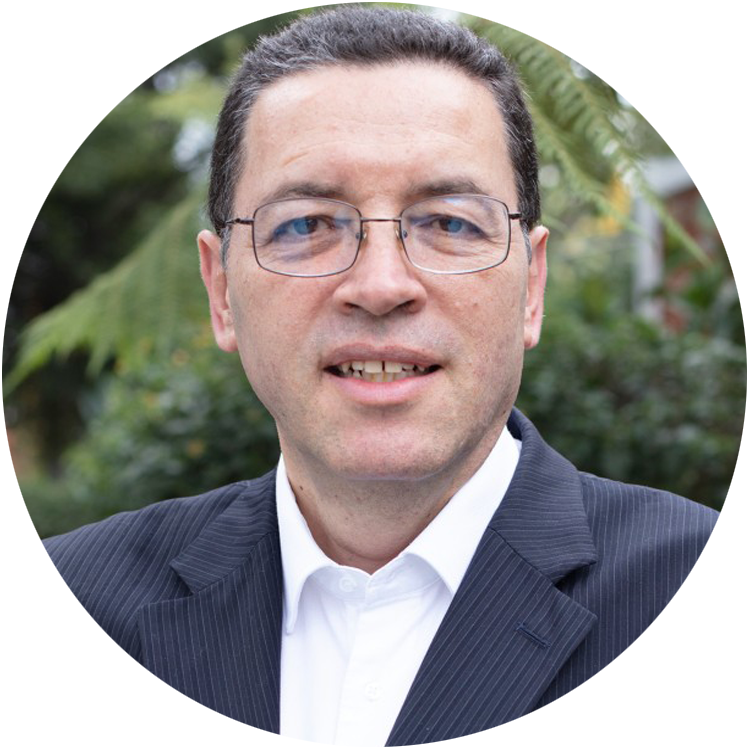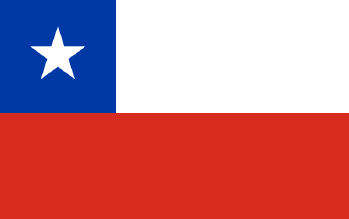OUR BOARD
AHF MANAGING TEAM

Felicitas Colombo
Public Affairs Director

Sophia Harb
Coordinator

Mariana Rico
Medical Director

Thais Vidal
Director of Marketing Communications

Cínthia Galvão
Associate
















